When you run out of eggs in the morning and get a flat tire on your way to work, venting about it at the end of the day can sometimes be all you need. However, when “venting” gets too intense and leaves everyone involved feeling drained out, you might need to figure out what is trauma dumping.
Trauma dumping is when a person unloads their trauma on someone who is not capable or willing to process it, leaving that person feeling burned out, negatively impacted, and in an unfavorable mental state.
What does trauma dumping in a relationship look like and how does a person realize they’re oversharing their experiences, and damaging the people who listen? With the help of psychologist Pragati Sureka (MA in Clinical Psychology, professional credits from Harvard Medical School), who specializes in addressing issues like anger management, parenting issues, and abusive and loveless marriages through emotional ability resources, let’s unravel all there is to know about trauma dumping.
What Is Trauma Dumping In A Relationship?
Table of Contents
“Trauma dumping is when one person talks unfiltered to another without thinking of the repercussions that it might have on the other person. Often, the person who is trauma dumping won’t even ask the listener if they’re in a state to listen, and the nature of the traumatic incidents being vulnerably shared might leave the listener incapable of processing them or not be able to gauge them.”
“A trauma dumping example is when a parent may overshare with a child. They may talk about things that are going wrong in the marriage or the abuse they face from the in-laws. The child may not have the emotional bandwidth to listen, right? But since the parent is trauma dumping, they don’t consider the negative impact it can have on the child and carry on about it,” says Pragati.
When a person is in a relationship, it may seem as though sharing your traumatic experiences is justified, since that’s literally how two people achieve emotional intimacy. But if your partner isn’t in a state to process the gravity of the information you’ll be sharing, it turns into a negative experience for both of you.
They may not know how to respond since they’re not sure how to process it. If they’re currently going through a rough phase themselves, hearing about your toxic mother or the abuse you faced as a child might leave them in a worse mental state.
To be trauma dumping, meaning, to disregard the emotions of the person who is listening, is mostly done involuntarily. That’s why understanding the difference between trauma dumping vs venting becomes important.
Trauma Dumping Vs Venting: What’s The Difference?
Simply put, when you vent your feelings out to someone, you’re engaging in a conversation with reciprocity, whilst also not talking about traumatic incidents that will shake the mental state of the listener.
Trauma dumping, on the other hand, is done without any consideration to whether the person you’re talking to is in a state to process or listen, and an oversharing of one’s traumatic thoughts and experiences ensues. It also stems from a person not being able to realize the severity of the things they are sharing.
A person may not have realized a particular incident to be traumatic, may have distanced themselves from it as a coping mechanism, and may speak of it in a nonchalant tone, which then confuses the listener.
“A lot of times, in a shared connection, people talk and they ask how the other is feeling. But in trauma dumping, people are so consumed by their emotional state, they leave no space to think of how it’s impacting the other. Is the other person uncomfortable? Is the person finding it too difficult to digest?
“It’s a manifestation of communication problems. There’s no mutual sharing, there’s no dialogue, it’s a monologue. A lot of times, people do it to a sibling, to a child, to a parent, without even realizing the physical and mental impact it takes on the other. When we talk about healthy venting with a partner, a person sticks to “When I saw this action, what I went through is this,” and isn’t a self-victimization along the lines of, “You made me feel like this”.
Related Reading: 9 Signs You Are The Problem In Your Relationship
“But when there’s trauma dumping in a relationship, it can be about blaming the other. The person goes on and on about it, “Today you did this, yesterday you did that, five years back you had done that”,” says Pragati.
Why Does Trauma Dumping In A Relationship Happen?
Now that you know the answer to, “What is trauma dumping?”, it might be beneficial to look at what causes it in the first place. Since the person oversharing the difficult things they have been through won’t be empathetic to how you’re feeling while listening, maybe understanding why they’re doing so can help.
Trauma dumping can be an indication of PTSD or other personality disorders like narcissistic personality disorder or bipolar personality disorder. Pragati helps list out a few other reasons why people may choose to trauma dump:
1. Their family dynamics may have had a role to play
“Early childhood stressors can play a role in why a person starts trauma dumping. People may have themselves been on the receiving end of it. They may have had a parent who overshared. They may have seen similar patterns in their family. As a result, they engage in similar conversations since they believe it’s how people communicate,” says Pragati.
Studies show that when a child experiences a healthier family dynamic, they have better chances of growing up to be better parents and better partners themselves. But when they grow up in a damaging environment, it affects not only their interpersonal relationships but also their physical and mental health.
2. When the needs of others are not accounted for
“With the onset of social media, we have increasingly become insensitive to the needs of others. A lot of times, people just assume it’s okay to dump their trauma onto someone or their social media, without even wondering how it might make the listeners feel,” says Pragati.
Trauma dumping examples can be seen all over social media, where intensely graphic information about abuse can be uploaded and shared without much care about what impact it may have on the viewers. When a person is behind a screen and not interacting with another person, “What is trauma dumping?”, isn’t going to be on their mind.
3. Therapy is still seen as a sign of weakness
According to a survey, 47% of Americans still think seeking therapy is a sign of weakness. “People feel as though it’s better to tell a friend or a family member about their “problems”. If you go to therapy, you’re acknowledging that something is really wrong with your marriage.
Basically, people trauma dump because they’re in denial. They don’t want to acknowledge to themselves the severity of the issue they are going through,” says Pragati.
Related Reading: 9 Reasons Relationships Are Hard But Worth It
Signs You Might Be A Trauma Dumper
“I was aware that I was consistently oversharing with my friends, but I never thought I was pushing them away without realizing it. Only when I learned what is trauma dumping in therapy did I realize the damaging conversations I was constantly partaking in,” Jessica told us.
Since most people don’t stop to ask themselves things like, “Am I trauma dumping?” unless their ignorance is made painfully obvious, possibly you may not even realize if you’re guilty of the same. Let’s take a look at a few signs you might be:
1. You’re constantly playing the victim card
“When there is a healthy conversation going on, a person doesn’t act like a martyr. They don’t say things like, “Poor me, I always have to deal with your mood swings, I always have to manage the marriage”.
“In most cases, trauma dumping manipulation takes place by playing the victim card. “You did this to me”, “I felt like this”, “I always go through these things” might be a few things such a person says,” says Pragati.
2. You don’t leave room for feedback in the conversation
“What is trauma dumping if not a conversation that feels unreciprocated? They don’t listen to any feedback, they become very defensive. If the other person tries to say something or discusses it, they might dismiss it, and will make it apparent how they do not take any criticism kindly,” says Pragati.
By definition, this phenomenon makes the listener feel overwhelmed, and their participation in the conversation is usually nil.
3. Lack of mutual sharing
“When a person is trauma dumping, meaning, when they’re not considering the thoughts and opinions of others, they don’t stop to check the impact that their speech is having on a person. It’s a conversation that is devoid of reciprocity. You’re only thinking of your own emotional state, you’re not leaving any room for a shared connection,” says Pragati.
In effect, such a conversation also showcases a lack of respect in your relationship with this person. When they don’t much care for what you think or ask you anything about how you’ve been, the lack of respect will be made apparent.
4. It feels one-sided
“Usually when a friend or a family member or even a partner shares something with you, you feel a shared connection. But when there’s trauma dumping by one, you feel as though a person has just dumped you with their troubles without really waiting to see how it’s impacting you,” says Pragati.
Do you engage in intense conversations with people at inappropriate times? Perhaps you’ve never asked if the person you’re talking to is willing to engage in such a conversation. If reading the signs has got you pondering, “Am I trauma dumping?”, it’s imperative to figure out how to overcome it, lest you push everyone away.
How to Overcome Trauma Dumping In A Relationship
“At the end of the day, it’s important to realize that people don’t do this intentionally. This needs to be dealt with compassion. Obviously, there is something that is overwhelming them so much that they’re not able to stop their flow of thoughts,” says Pragati.
Including words like trauma dumping in our vocabulary is not done to discourage people from talking about what’s bothering them. However, since constantly oversharing with people will eventually make them dread talking to you, figuring out how to overcome it might be a case of improving communication in your relationships, let’s take a look at how:
1. Therapy is made for trauma dumping
“This concept was made viral by a therapist on TikTok, who suggested clients doing so on the first session is something that shouldn’t happen. That’s very politically incorrect. A therapist is trained to listen to a client. Trauma dumping to a therapist is normal, it’s their job to listen to you and encourage you to speak verbatim,” says Pragati.

“Ideally, a person should seek out a therapist who knows about complex post-traumatic stress disorder, because if you’re reliving something over and over again, you need a mental health specialist who has a clinical psychology background or extensive experience to deal with it,” she adds.
If you’re currently struggling with questions like “What is trauma dumping and am I doing it?”, Bonobology’s panel of experienced therapists are here to guide you through this process and paint a path for recovery.
Related Reading: How Borderline Personality Disorder Impacts Relationships
2. Identify people you can talk to and ask for consent
When you realize you overburden people with your conversations without asking them how their life is going, you pretty much know how to fix it. Identify a few people who will be willing to listen to you when you need to share and ask them if they will listen.
“I’ve experienced something that is bothering me and maybe distressing for you to hear. Can I talk to you about it?” is all you need to say to ask for consent. In effect, it’s also a way of being more empathetic in your relationship, since you’re keeping in mind the way the listener feels. If you don’t, it may turn into a case of trauma dumping manipulation.
3. Journaling and reading books may help
By journaling, you’ll be able to process your own emotions with yourself. Without oversharing or dumping on another person, writing by yourself can be a form of catharsis.
Pragati explains how reading books on what you’re going through can help as well. “There are books on infidelity, abuse, anxiety, or anything that you may have struggled with. Since they’re written by credible experts in the field, they’ll show you the signs of what you’re struggling with and how to work through it.

“Usually, finding help on social media is not something I’d recommend because you don’t know the expert validity of the person behind the video. You don’t know how equipped a person is to give you that knowledge,” she explains.
4. Divert the energy with expression therapy or exercising
“Things like clay pottery, creating or dancing to music can help you relieve yourself of this pressing energy that is overwhelming you. You could even try to exercise and sweat it out. The basic idea is to get rid of this energy so you don’t end up trauma dumping in a relationship,” says Pragati.
Studies have suggested that when exercise is coupled with therapy, it greatly helps with mental health issues and relieves symptoms of anxiety and depression.
How to Overcome Social Media Trauma Dumping
Instead of focusing on what is trauma dumping, perhaps more importance should be given to a very common manifestation of it: social media.
“People share too much on social media because they feel that they are getting validated and they feel heard. These days, people don’t have as much support around them in their proximity. With social media, they feel as though that’s possible, even if it’s all behind screens.
“One way by which someone can stop trauma dumping on social media is by developing their own emotional ability resources. This includes journaling, writing, gardening, some form of exercise which makes you sweat it out. The pressure of this situation at least phases out to some degree,” says Pragati.

Perhaps the best way to overcome it is to make sure you’re trauma dumping to a therapist, instead of a loved one. Hopefully, now you know a lot more than you did about why people share intensely without much regard for who’s listening, and what you can do about it if you do it yourself.
FAQs
If you engage in intense oversharing of traumatic thoughts or feelings with people without ever asking if they’re capable of processing this information, you may be trauma dumping. The best way to figure it out is by asking the person you’ve been talking to if they feel negatively impacted after the conversation (which really was a monologue the entire time).
Though it’s done unintentionally in most cases, it does have the capability of being toxic since it negatively impacts the mental state of the listener.
Trauma dumping can be manipulative since the victim-playing the dumper does can force people to listen to them. A dumper may blatantly disregard a person’s boundaries and share things that they do not want to know.
8 Common “Narcissistic Marriage” Problems And How To Handle Them
Attachment Styles Psychology: How You Were Raised Affects Relationships
Your contribution does not constitute a charitable donation. It will allow Bonobology to continue bringing you new and up-to-date information in our pursuit of helping anyone in the world to learn how to do anything.



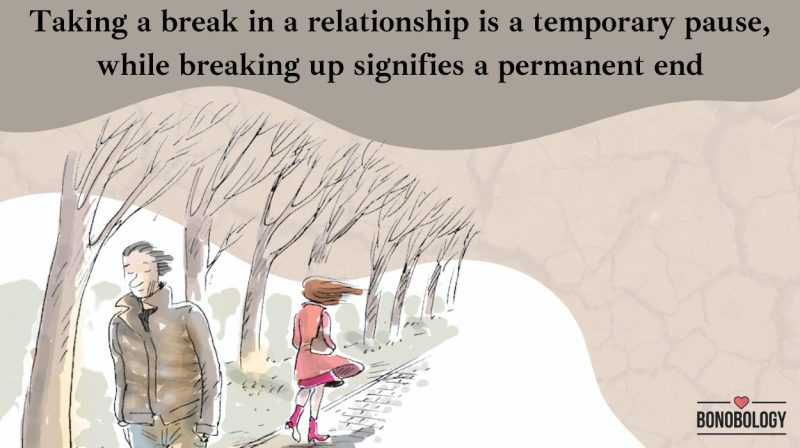


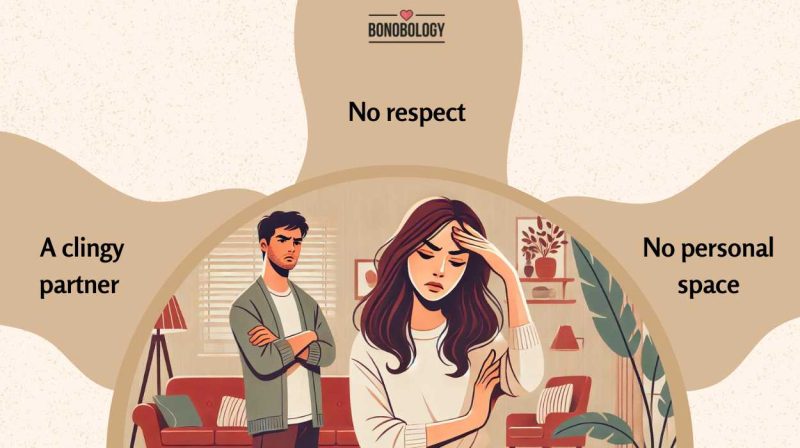
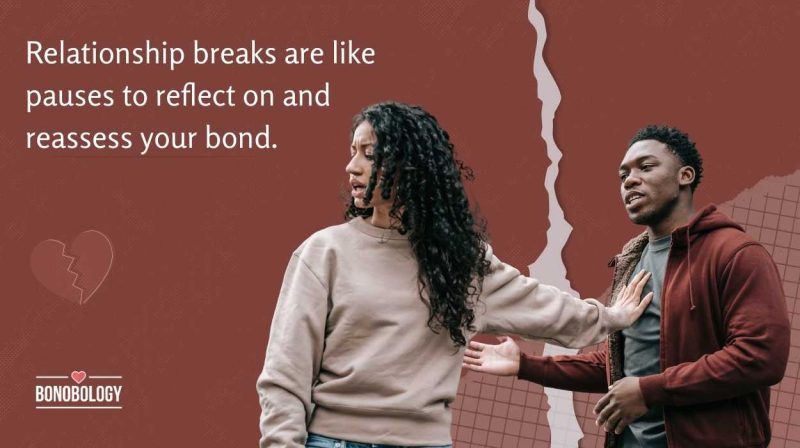
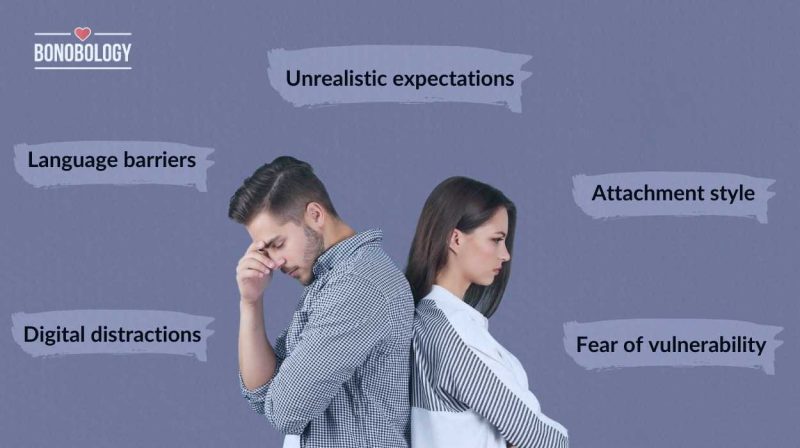

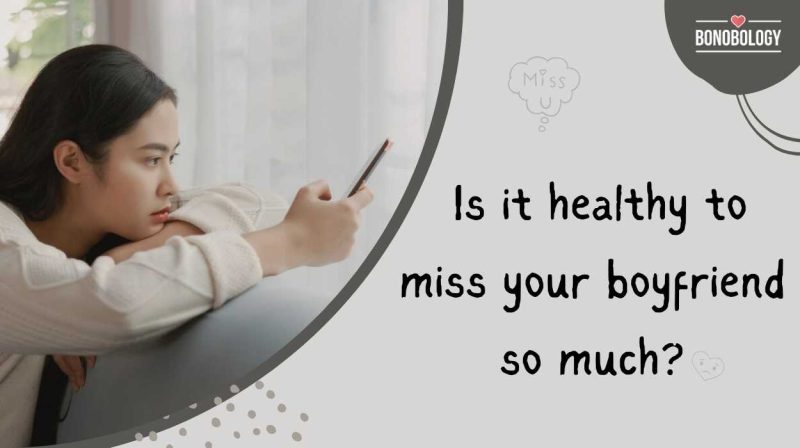
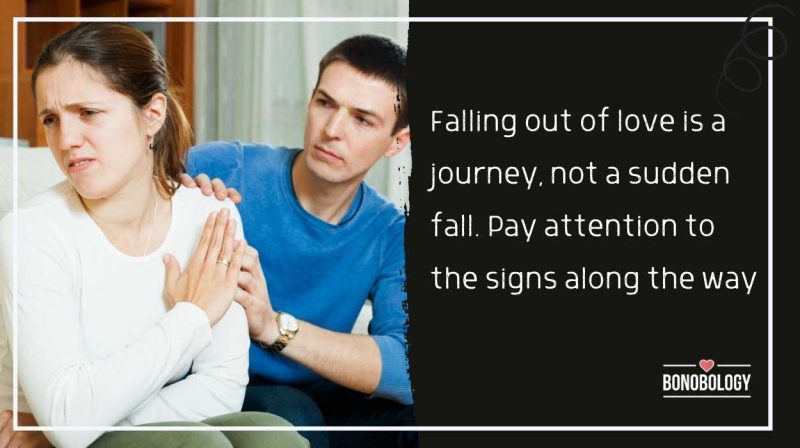
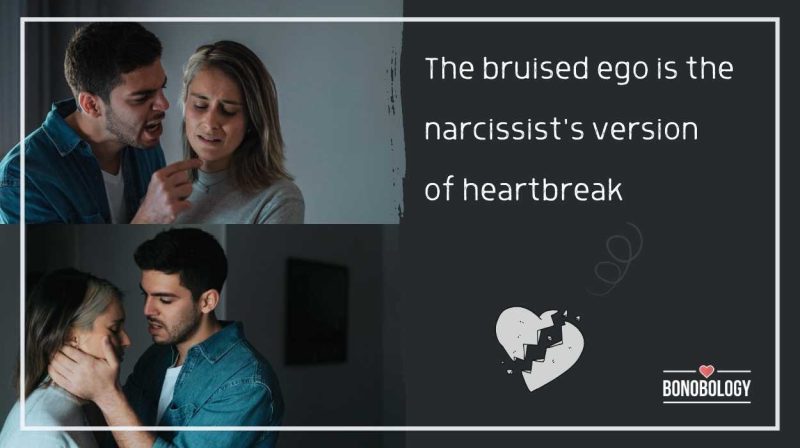
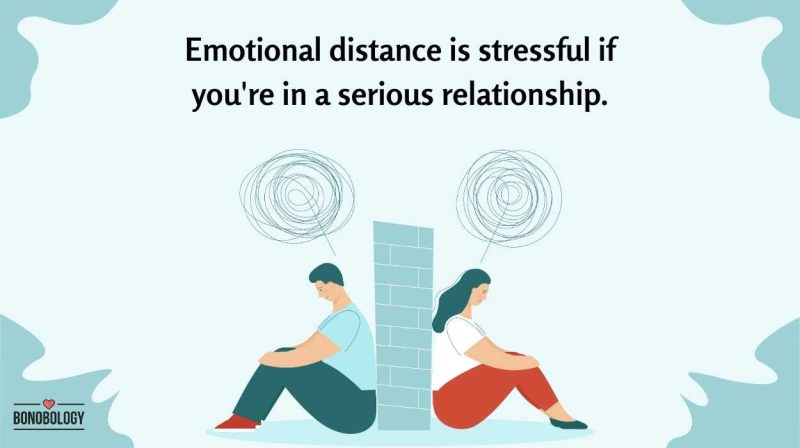
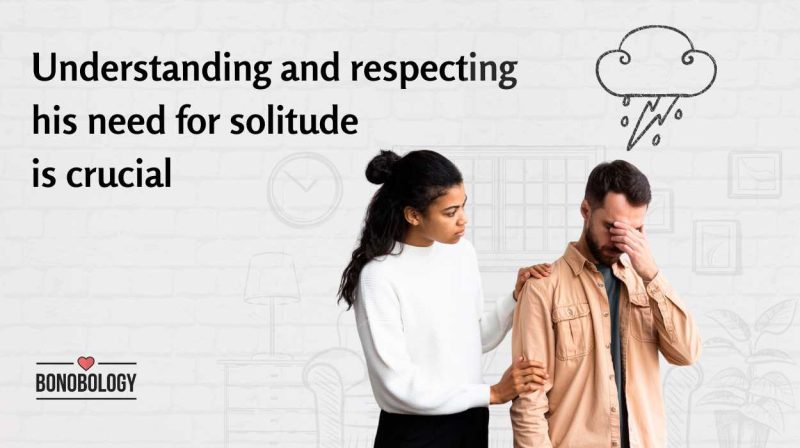
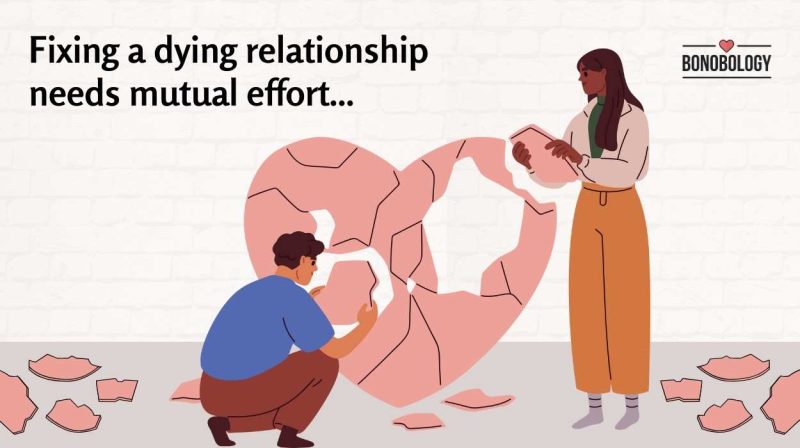
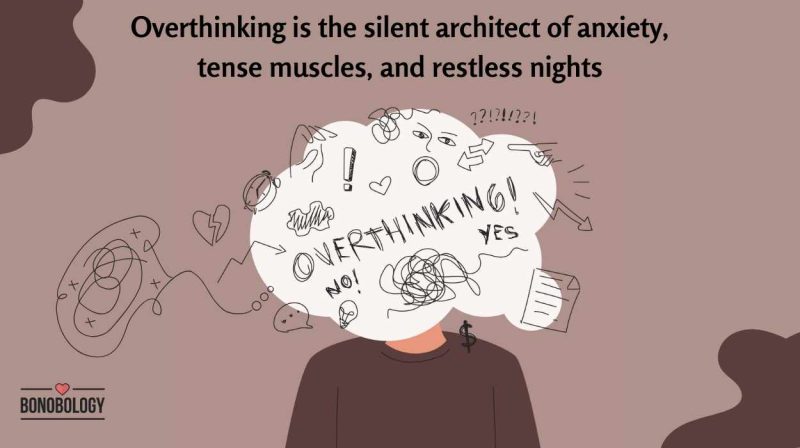

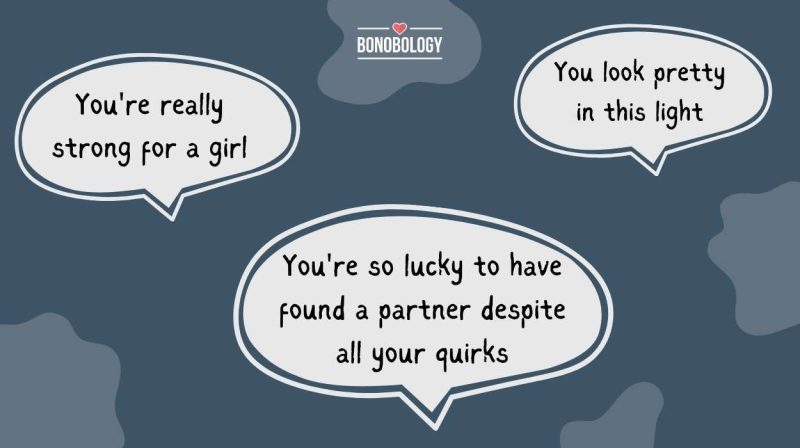
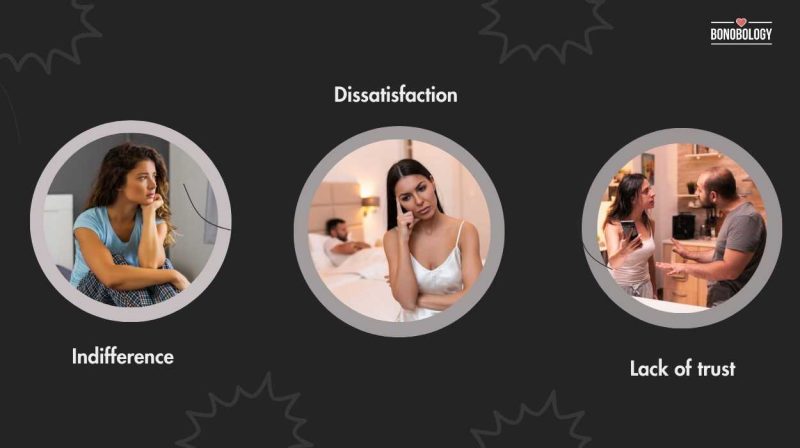
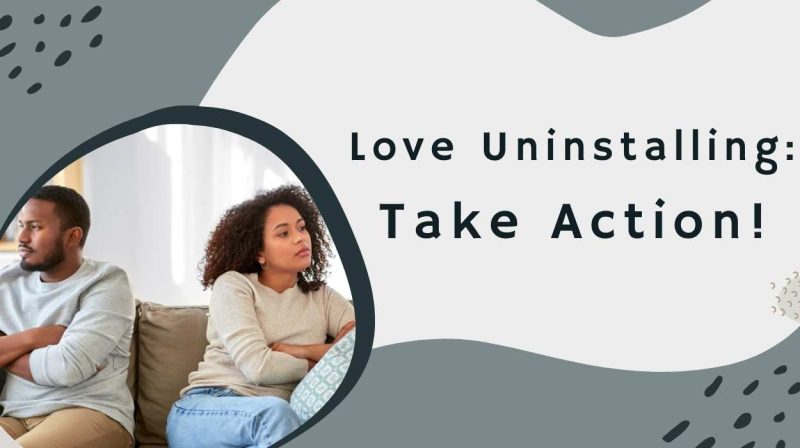

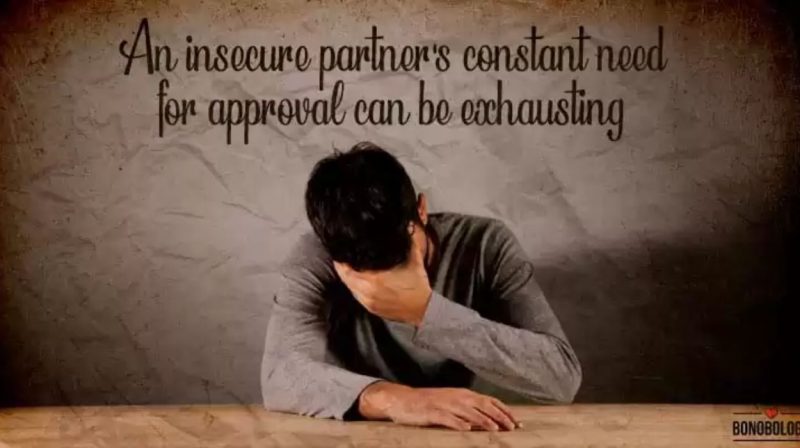
Featured
What Is A Break In A Relationship And How To Navigate It
Emotional Abandonment In Marriage: Signs, Causes, And Ways To Cope
15 Signs That Your Girlfriend Isn’t Sexually Attracted To You
Feeling Suffocated In A Relationship: Reasons, Signs, Ways To Deal
How Long Should A Relationship Break Be? A Therapist Answers
Why Do I Struggle To Communicate With My Partner? An Expert Answers
Will He Come Back After Silent Treatment? 15 Ways To Make Sure He Does
Why Do I Miss My Boyfriend So Much: Reasons And Ways To Deal
21 Clear Signs She Doesn’t Want A Relationship With You
How Narcissists Treat Their Exes — 11 Common Things They Do And How You Can Respond
Emotional Distance: Meaning, Causes, Signs, And Ways To Fix
My Boyfriend Is Grieving And Pushing Me Away: Tips To Cope And Comfort Your Man
What To Do When Your Relationship Is At Breaking Point?
Am I Overthinking Or Is He Losing Interest? 18 Signs To Help You Identify
Discover Your Worth: 13 Ways To Feel Loved And Appreciated
23 Backhanded Compliment Examples in Everyday Life That Are Actually Insults
11 Things That Happen When A Woman Shuts Down Emotionally – And How To Reconnect
15 Signs Of Emotional Detachment In Your Relationship
How To Not Be Jealous In A Relationship – 15 Expert Tips
11 Ways An Insecure Partner Drains A Relationship And 5 Ways To Fix It